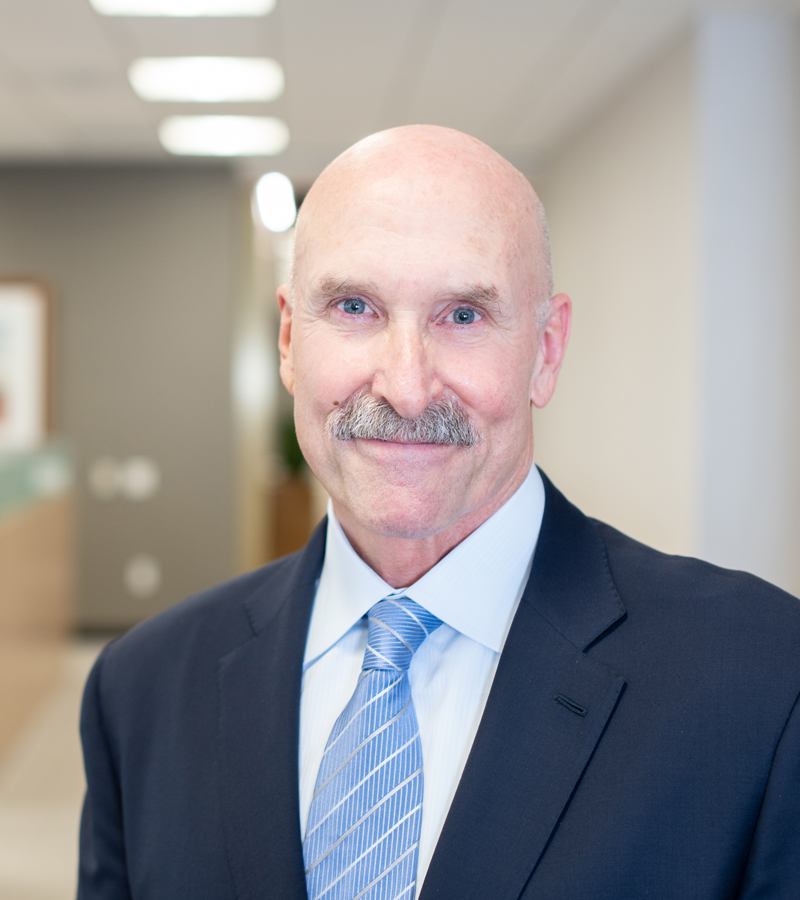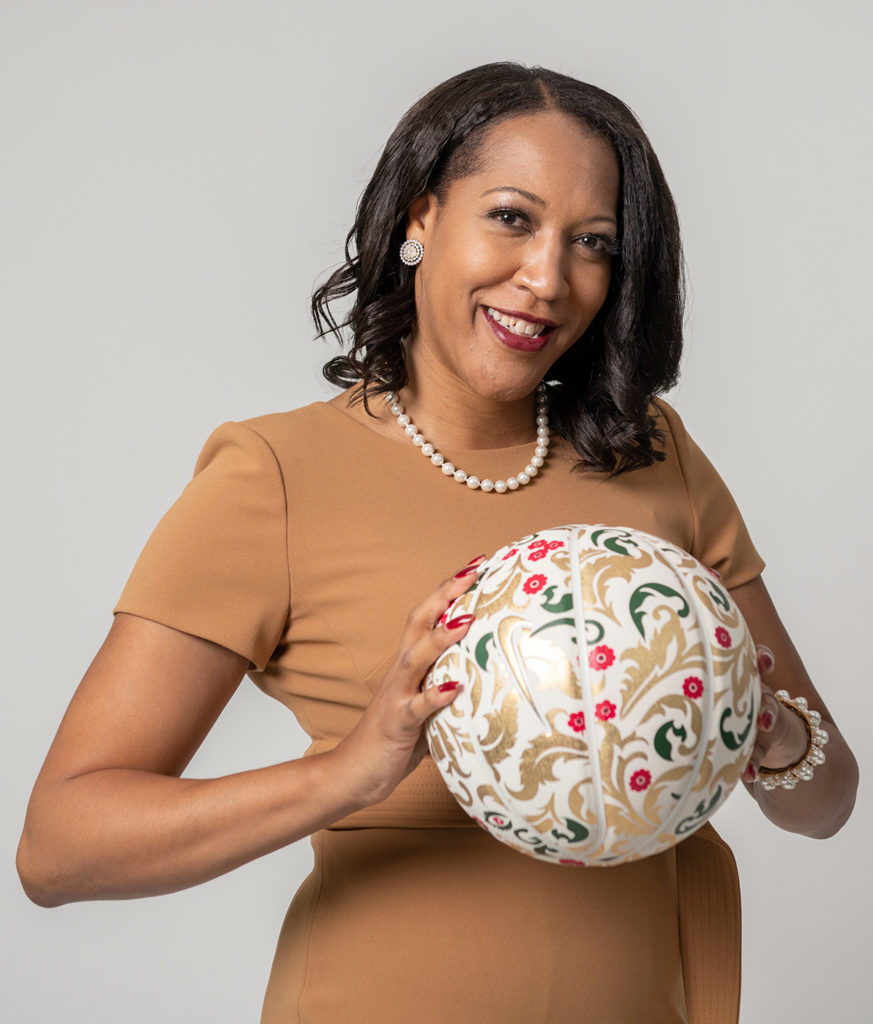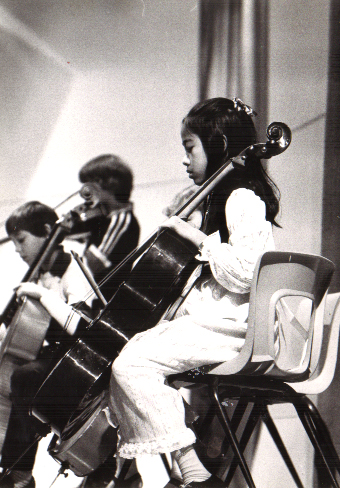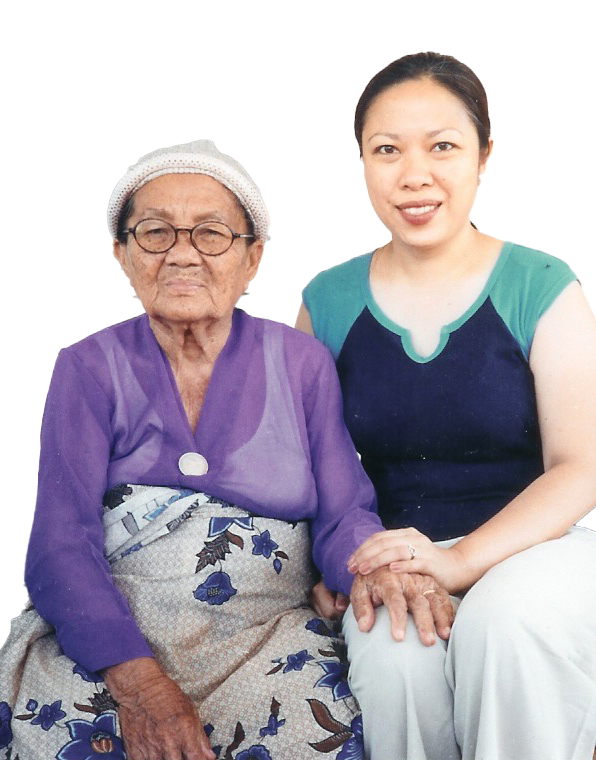CSUDH Alumnus Donates Historic Gift
Successful business school graduate sets his sights on helping the next generation of Toros thrive.
Doug Le Bon didn’t start his successful career in high finance in some luxurious Wall Street office—he started his rise with a series of day jobs that helped him afford to attend CSUDH at night. But even as he drove a soft drink delivery truck around the South Bay, he knew that education was the key to unlocking a better future.
Le Bon earned a pair of business degrees at CSUDH: a Bachelor of Science in Business Administration (1976) and an MBA (1979). Now, he’s giving back to the university, with the goal of helping others make the same leap into success.
Le Bon is the co-founder and senior managing director of Pathway Capital Management, one of the world’s most successful private market investment firms, managing over $85 billion in assets. Now, he has also made the largest gift to CSUDH by a living alum—giving the university $500,000 for scholarships, and another $200,000 for technology in the new Innovation & Instruction building.
As a long-time financial expert, Le Bon is keenly aware of the problems many students have paying for college today. “I think it can be really difficult now for young people to go to college,” says Le Bon. “It’s not only the actual cost of college, but students have to put food on their tables. My motivation was to try to make it easier for people to get their degrees and not leave college with so much debt.”
“That’s a really difficult thing now for students to do,” Le Bon adds. “Especially if you’re studying liberal arts, or studying to be a teacher or social worker. A businessperson or lawyer can expect to make money and pay off their debt, but for students in other disciplines it can be problematic.”
In fact, Le Bon believes that his success can be partially attributed to graduating from CSUDH without a lot of debt. “One of the real advantages of going to Dominguez Hills was that it was affordable. I didn’t owe anybody when I graduated. It afforded me the ability to take a job that I wanted, instead of the best-paying job,” he recalls.
Le Bon worked at a variety of jobs while attending CSUDH (including the aforementioned soft drink delivery gig), and went to classes at night. “For me, life was getting off of work, hustling to school, going to the library, and getting ready for my classes. Then when school ended, I went home. I was a pretty typical commuter student.”

After attaining his MBA from CSUDH, Le Bon got his first finance job at an investment firm then called Houlihan Lokey Howard & Zukin. After a few years as an analyst, Le Bon says, “I was able to see how attractive private markets were, in terms of places to invest and make money. I wanted to make that work for more people, and to do it for pension funds and pensioners.”
He took a job at investment firm Wilshire Associates, where he started and grew a practice helping pension funds invest in private markets. During the 1980s, this was a fairly new practice in the industry, and Le Bon helped pioneer its use. By the end of the decade, Le Bon had become a partner at the firm, but he “still had the bug to run my own shop,” as he says.
He left the company and, with a few partners, founded a new firm called Pathway Capital Management in 1991. They moved to their current Orange County offices during the 1990s, and now employ almost 200 employees spread across four offices. Such success has enabled Le Bon to focus some of his energy on giving back—which resulted in his generous recent donations.
As a graduate of the business school, Le Bon was eager to help equip the new Innovation & Instruction building, which now houses the College of Business Administration and Public Policy (CBAPP). His largess enabled the university to purchase several Bloomberg Terminals, software systems that enable users to monitor and analyze financial market data.
“Access to education is the hallmark of CSUDH,” says Rama Malladi, associate professor of finance. “Bloomberg Terminals provide access to rich, real-time financial data to our CBAPP students, connecting them to a network of 325,000 of the world’s most influential decision makers.”
In addition, CBAPP students will get access to Bloomberg Market Concepts, a self-paced e-learning course that provides an interactive introduction to financial markets. CSUDH students who pass the course will receive a free certification.
“Technology is key, and access to technology is key,” says Le Bon. “If students are going to go into money management or anything like that, they are going to have to be facile and adept at using technology like Bloomberg Terminals in order to keep up.”
“I would really like it if more Dominguez Hills business students ended up in asset management, because there are just not enough young people from diverse or underserved communities in the discipline. If having these terminals in place helps spur interest and gives those students a background that makes them more attractive to employers, that would be great.”
As part of Le Bon’s donation, $500,000 will establish the Le Bon Family Scholarship at CSUDH. The gift will provide funding for the Presidential Scholars Program, the new Pay It Forward initiative, and the CSUDH general scholarship fund.
The biggest thing is you never stop learning.
“Sometimes, the passions of our alums remain more latent than visible, but once revealed, they point a way to a brighter future. Mr. Le Bon’s extraordinary generosity represents everything that’s special about our Toro Nation,” said CSUDH President Thomas A. Parham. “His contributions will make a huge impact on the lives of scores of CSUDH students and faculty going forward. When our successful alumni extend a helping hand to those coming after them, it both establishes a legacy to build on, and illustrates exactly what we mean by ‘Go Far Together.’ We are all more than grateful for and appreciative of Mr. Le Bon’s stunning philanthropic support.”
As for current and future Toros, Le Bon offers this advice: “Come out of Dominguez Hills with the attitude that it’s taught you how to learn and how to adjust. The business that I started in private equity wasn’t even taught in business school when I went to CSUDH.
“The biggest thing is you never stop learning. Nurture the ability to continue learning and adjust to the marketplace and the environment, so that you’re not the tail being wagged by the dog. That’s the best way to foresee and react positively to changes in the economic and business environment.”
Le Bon thinks that the current generation of students will be well-placed for such changes in the future, due to the disruptions they’ve all had to endure during the COVID-19 pandemic. “The COVID generation has been through a lot,” he says. “This generation of college graduates have proven themselves to be really resilient, and they should be proud and pleased with everything they’ve been able to accomplish during this time.”




